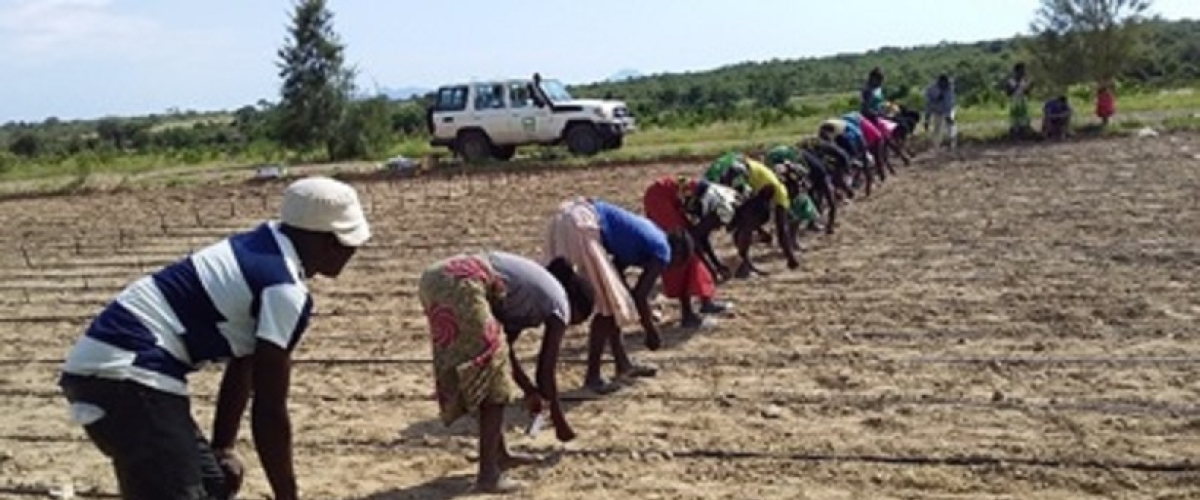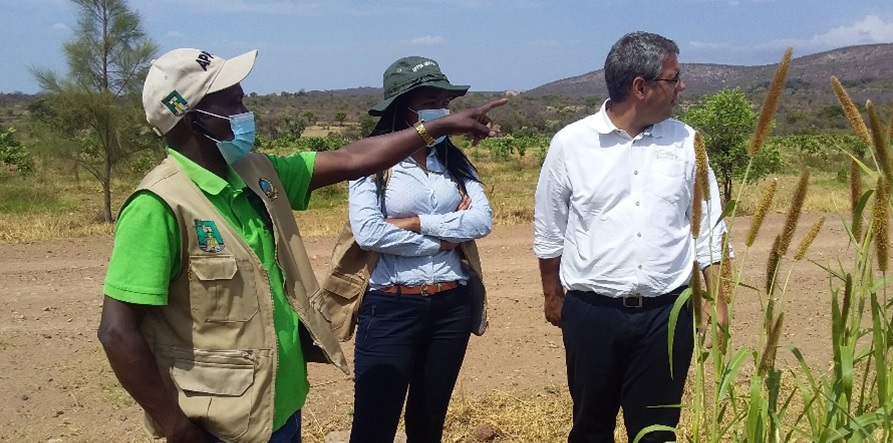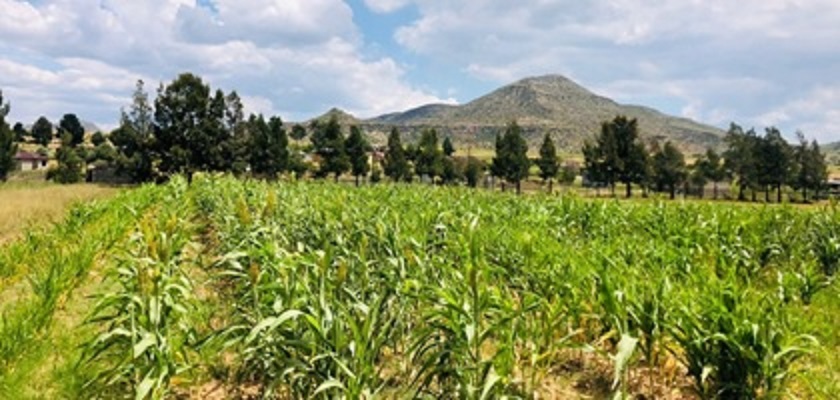
Sorghum is a well-known climate-resilient crop in Africa and can withstand climatic conditions that are not favourable to most cultivated crops. Indeed, sorghum is mainly cultivated by smallholder farmers in semi-arid areas where other cereals (e.g. maize) have very low adaptability. However, farmers usually use seeds from local landraces that are characterised by lateness to maturity, poor harvest index, variable plant height, and are highly susceptible to several diseases and insect pests.
One of the Research and Development (R&D) sub-projects implemented under the Agricultural Productivity Programme for Southern Africa (APPSA) in Angola and Lesotho seeks to promote sorghum productivity in the two countries through increasing availability of quality seed of recommended improved varieties and landraces. The project is led by Dr Mpho Liphoto from the National University of Lesotho and Mr Óscar Morais from the Agronomic Research Institute of Angola as Principal Investigator (PI) and Co-Principal Investigator (Co-PI), respectively.

As key players in this sub-project, smallholder farmers have a major role to play in certified seed production and grain production, working under close supervision of extension and research experts from the two countries. This sub-project will contribute to farmers’ increased access to improved sorghum varieties and gradually replace local landraces, which are currently in use but with very low yields and other undesirable characteristics.
From a nutritional perspective, a major advantage of sorghum as a healthy and nutritious crop is its relatively high proportion of slowly digestible starch components when compared with other staple cereals. Sorghum is also uniquely rich in diverse bioactive polyphenols and other beneficial compounds that are associated with reduced risk of nutrition-linked chronic diseases, including type 2 diabetes, cardiovascular disease, and some types of cancer (see Teferra and Awika, 2019 for details). In Angola and Lesotho, sorghum is used for human and animal feed while the grains can also be used in the manufacturing of traditional beer.

APPSA is a six-year World Bank funded initiative, currently under implementation in Angola and Lesotho, with regional coordination by the Centre for Coordination of Agricultural Research and Development for Southern Africa (CCARDESA). Its mandate is to promote regional collaboration and put in place mechanisms to encourage technology generation and dissemination across national borders of participating countries in the SADC region.
Reference:
Teferra, Tadesse & Awika, Joseph. (2019). Sorghum as a Healthy Global Food Security Crop: Opportunities and Challenges. Cereal Foods World. 64. 10.1094/CFW-64-5-0053.






